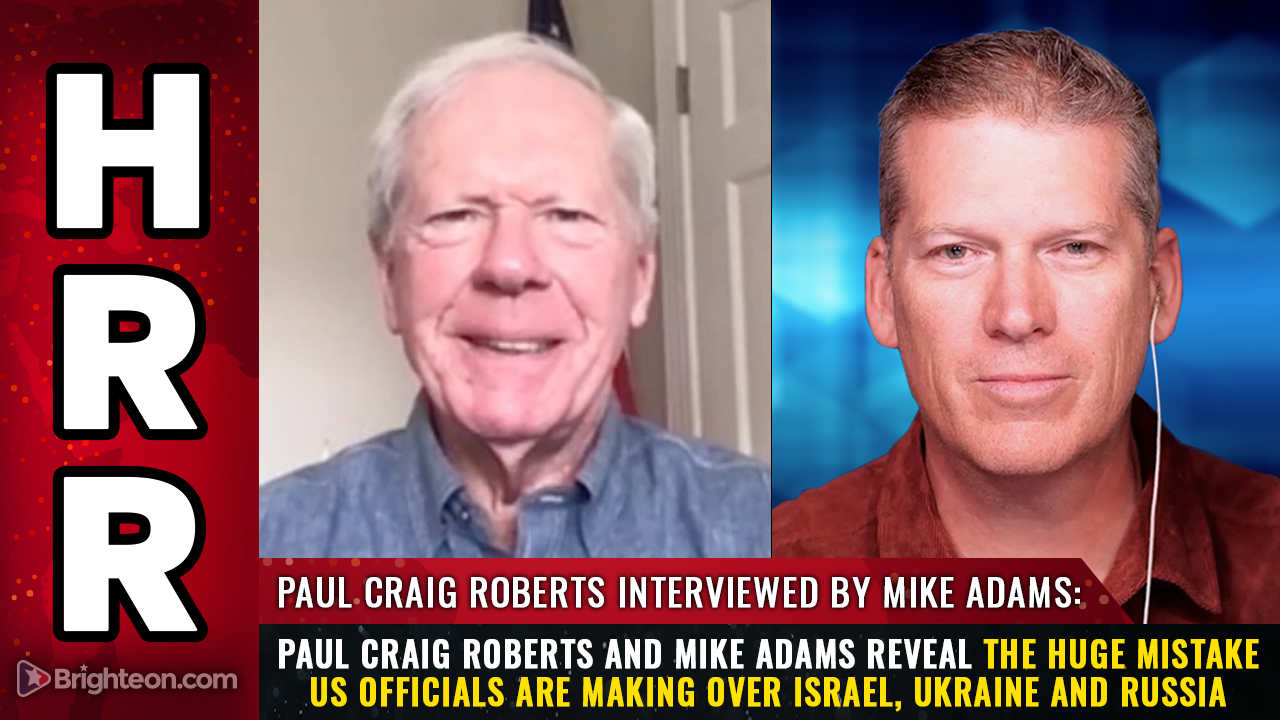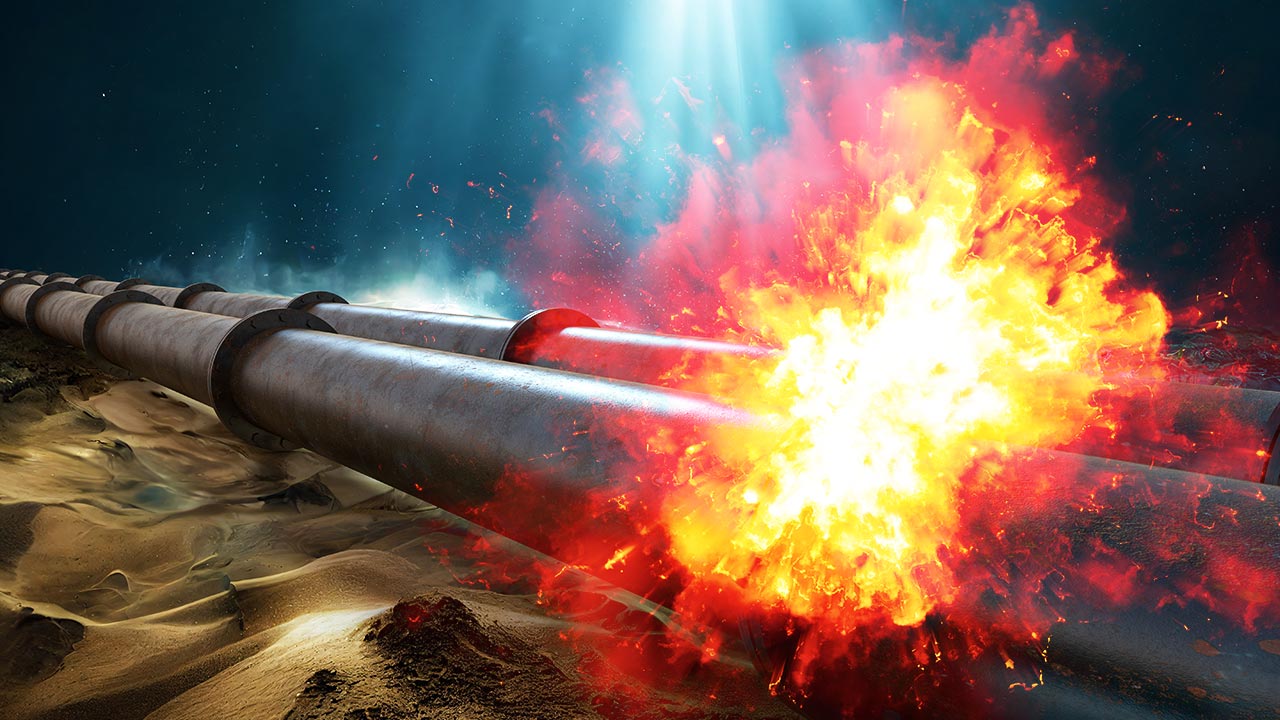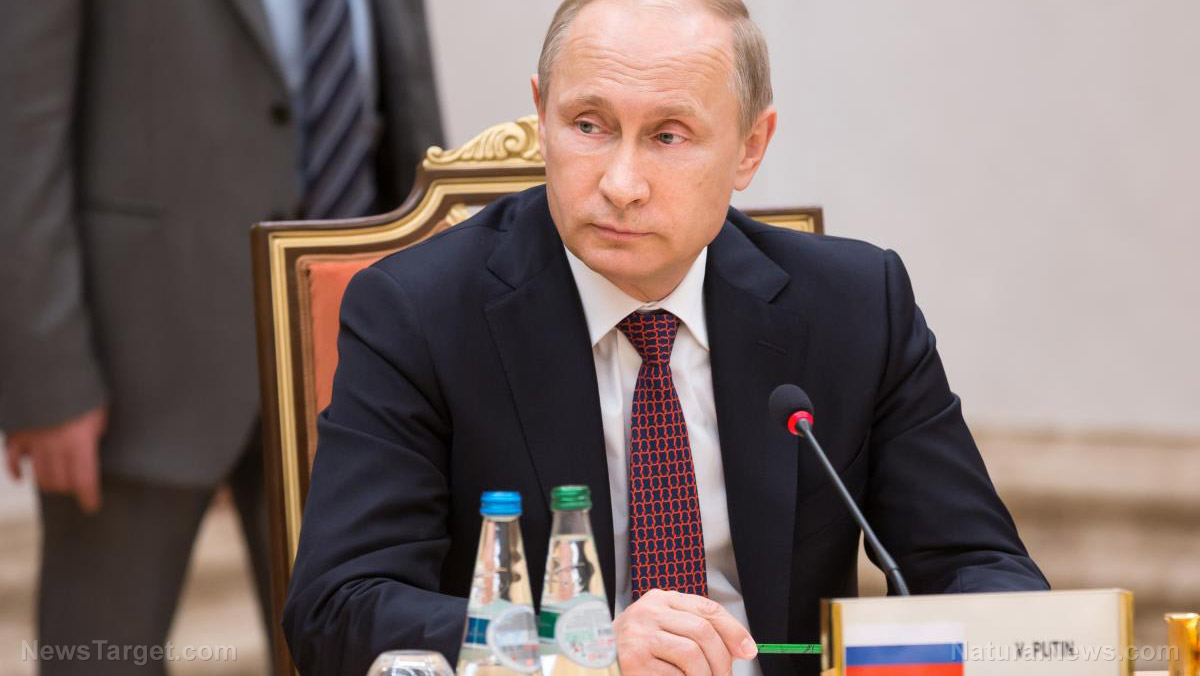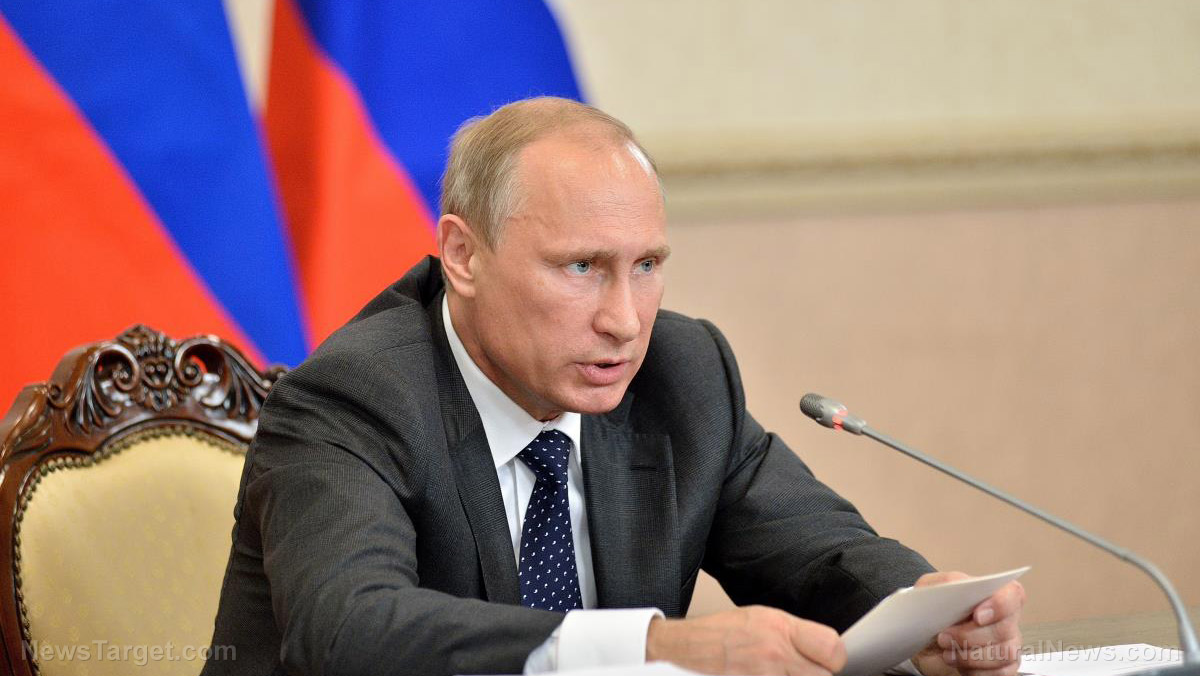Iran may provide Russia with short-range ballistic missiles, say U.S. officials
11/29/2023 / By Zoey Sky

U.S. officials have warned that Iran may send advanced short-range ballistic missiles to Russia for its military campaign in Ukraine.
Iran has already provided Russia with armed drones, guided aerial bombs and artillery shells, according to U.S. officials.
Concerns arose that the military cooperation between the two nations continue to intensify after Iran showed its Ababil and Fateh-110 missiles to Russian Defense Minister Sergei Shoigu when the latter visited Tehran last September.
According to a spokesman for the National Security Council (NSC), officials are “concerned that Iran is considering providing Russia with ballistic missiles for use in Ukraine.”
The Kremlin did not comment on reports that Iran is considering the possibility of providing Russia with advanced short-range ballistic missiles. Russia’s presidential spokesman Dmitry Peskov did admit that Russia is “developing relations with Iran, including in the field of military-technical cooperation.”
Because Russia invaded Ukraine, the Kremlin has been forced to find new arms suppliers. The list now includes North Korea, which has been providing artillery shells to Moscow, said U.S. and South Korean officials. (Related: Andrei Martyanov: Russia and Iran maintain strong military weapons technology advantage over the U.S. and Israel.)
Iran is gradually becoming an important Russian partner. The NSC spokesman explained that Russia has been helping Iran improve its satellite collection capabilities, with the former also offering to help Tehran with missiles, air defense and military electronics.
Meanwhile, Iranian officials have claimed that Tehran plans to buy Su-35 fighters from Russia. Additionally, Iran wants to buy other military hardware, including radars and attack helicopters.
The ties between Moscow and Tehran also seem to be deepening in other ways. According to U.S. officials familiar with intelligence, Russian paramilitary organization Wagner Group is planning to provide the SA-22 air defense system to Hezbollah, the Lebanese militia supported by Iran.
The White House has already confirmed that report, adding that the Wagner Group had been acting under orders from the Russian government.
Wagner has personnel in Syria, where Hezbollah fighters have also been supporting Syrian President Bashar al-Assad in his military campaign against Syrian rebel forces.
Observers don’t think Iran will provide Russia with missiles
Despite the concerns of U.S. officials, others doubt the possibility of Iran supplying Russia with short-range ballistic missiles.
Some observers do not discount the possibility that Iran could try to sell previously barred weapons, such as powerful short-range ballistic missiles, but they remain doubtful that Tehran will follow through.
One of the reasons is Tehran’s need to maintain its military stockpiles during increased conflict in the Middle East. Iran’s capital also has the desire to be considered a “compliant and legitimate arms trader by the international community.”
Hamidreza Azizi, a fellow at the German Institute for International and Security Affairs in Berlin, said that Iran’s suggestions that it is no longer subject to United Nations (UN) sanctions is more “political, rather than technical” because the former wants to “normalize” its ability to conduct military trades and transfers.
Azizi added that the actual impact of the expiry of the UN Security Council restrictions on Iran’s missile program is limited. Despite having those restrictions in place, Iran was able to develop its missile program, drone program and military capabilities to “an unprecedented level.”
According to Azizi, Iran succeeded partly because of technical and scientific cooperation with other partners, especially North Korea.
Additionally, Western officials have revealed the existence of a drone facility being built in Russia with Iran’s assistance that would allow Moscow to build domestic versions of Iranian drones in huge numbers. The drone facility could be in operation by early 2024.
The sanctions, which first took effect in 2015 and enshrined in UN Resolution 2231, expired on Oct. 18 as part of the moribund Iran nuclear deal with world powers known as the Joint Comprehensive Plan of Action (JCPOA). Under the terms, countries that plan to engage in related trade with Iran are required to first get approval from the UN Security Council.
Visit WWIII.news for more updates about ongoing conflicts across the globe.
Watch this clip to find out how Russia and Iran are driving the West to war.
This video is from the High Hopes channel on Brighteon.com.
More related stories:
Iran, Lebanese Hezbollah ready to “join the battle” in Gaza, warns Hamas leader.
Sources include:
Submit a correction >>
Tagged Under:
ammunition, artillery, ballistic missiles, big government, collapse, Iran, military, military tech, military-industrial complex, missiles, Moscow, national security, Russia, Ukraine, Ukraine-Russia War, weapons technology, WWIII
This article may contain statements that reflect the opinion of the author
RECENT NEWS & ARTICLES
COPYRIGHT © 2022 RussiaReport.news
All content posted on this site is protected under Free Speech. RussiaReport.news is not responsible for content written by contributing authors. The information on this site is provided for educational and entertainment purposes only. It is not intended as a substitute for professional advice of any kind. RussiaReport.news assumes no responsibility for the use or misuse of this material. All trademarks, registered trademarks and service marks mentioned on this site are the property of their respective owners.



















